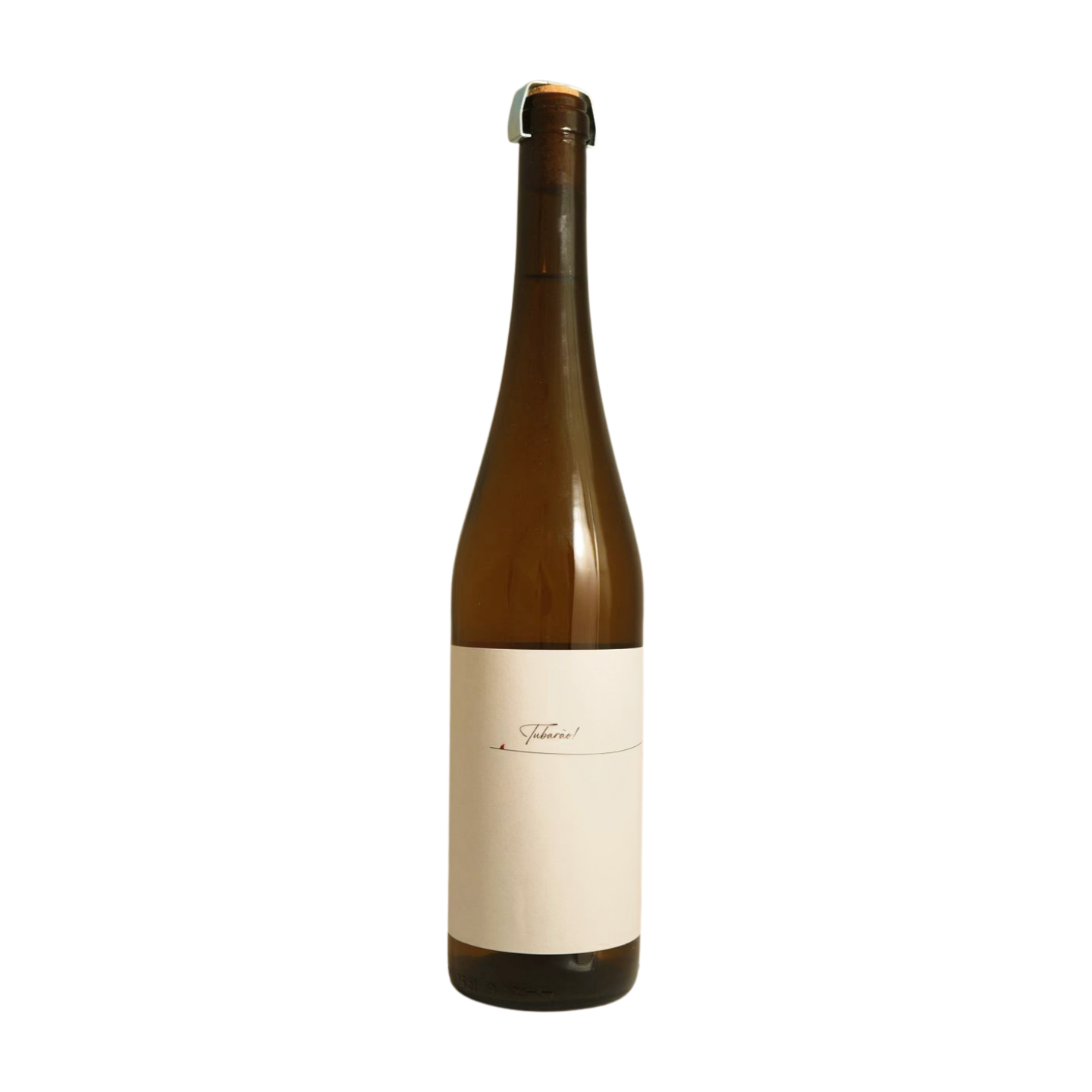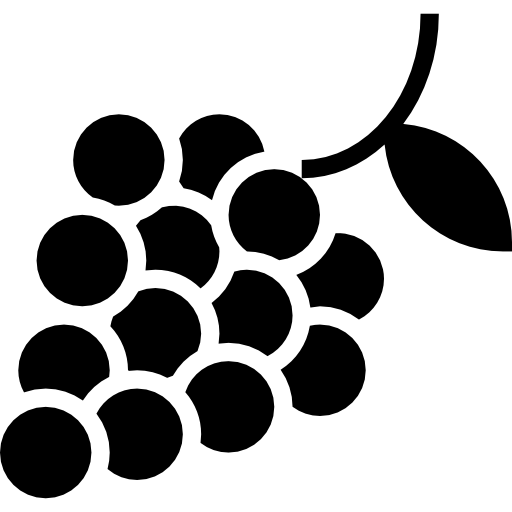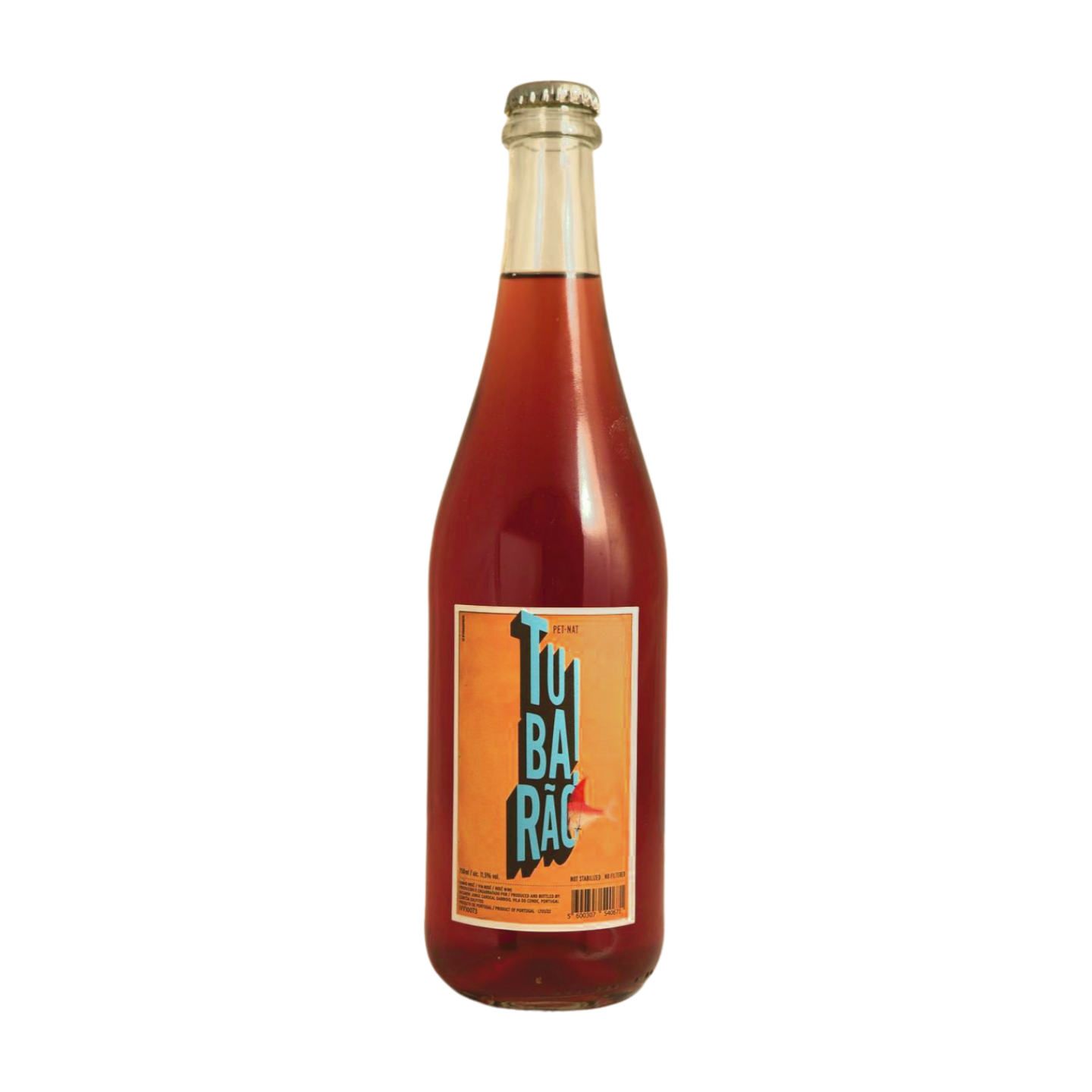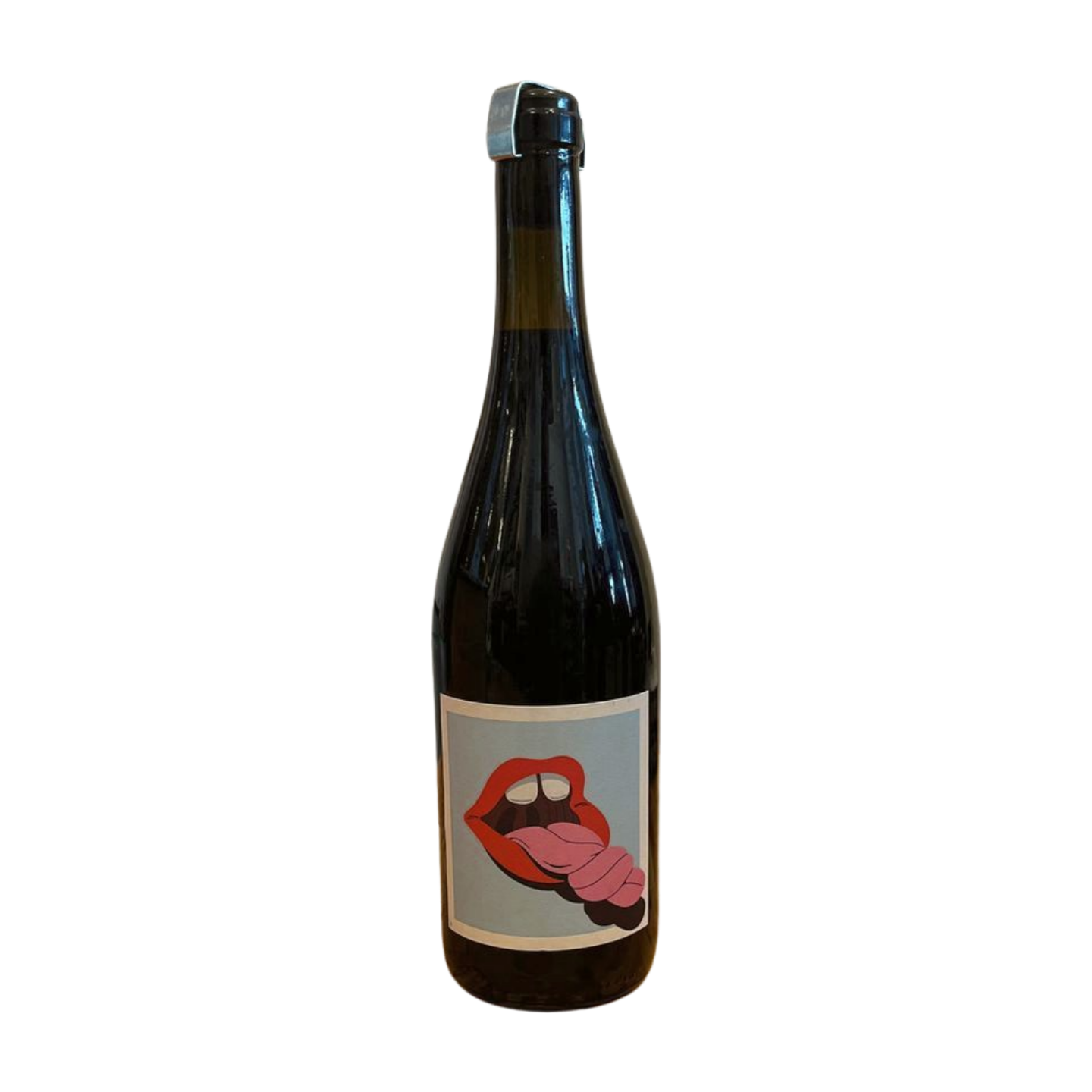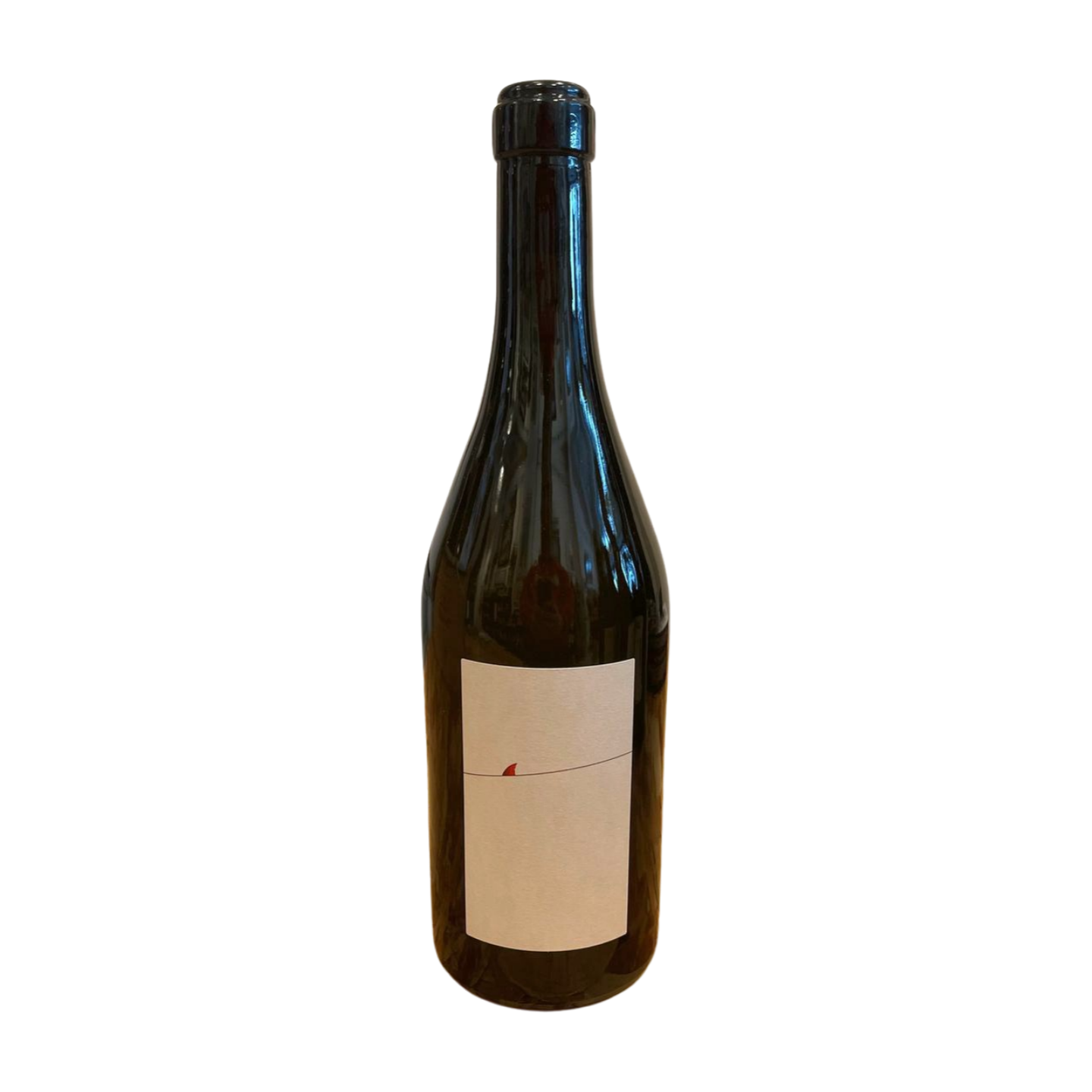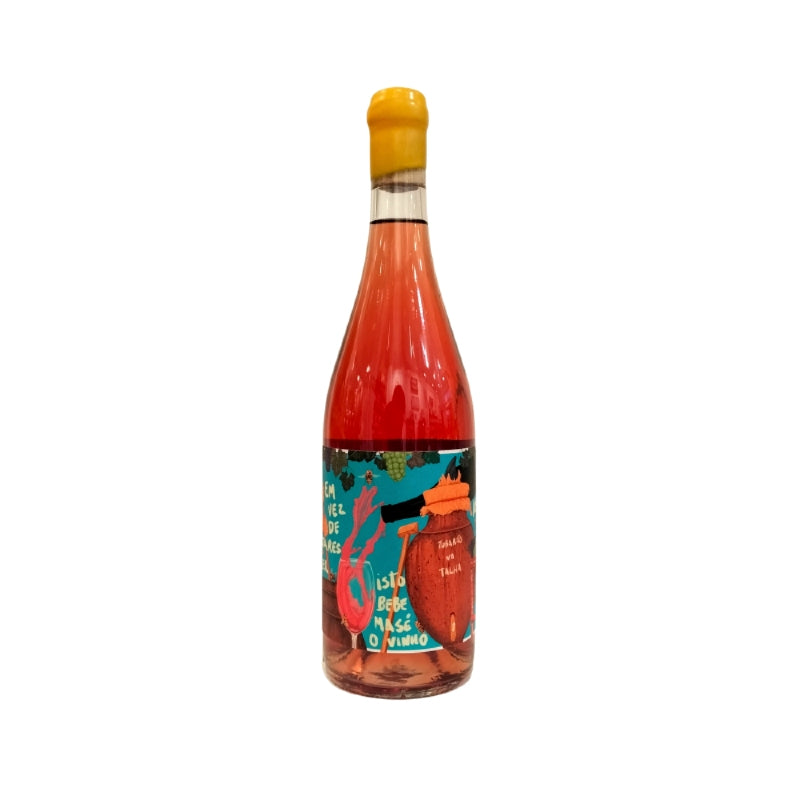Tucked away in Póvoa de Varzim in the Vinho Verde region of Portugal, Tubarão winery is a project born from the collaboration between Márcio Lopes and Ricardo Garrido. Their endeavor is deeply rooted in a commitment to producing low-intervention wines while actively working to preserve nearly extinct traditional farming methods found in Portugal, most notably the unique "campos de masseira." The concept of the masseira was developed by Benedictine monks in the 18th century near the Atlantic coast in northern Portugal. These distinctive agricultural sites are characterized by large, rectangular pits with sloped sides, dug into the sandy dunes bordering the ocean. Vines are strategically planted on these sloped sides, locally known as "valos," which provide crucial protection from the strong Atlantic winds. Interestingly, the flat central area of the masseira contains fresh water and is utilized for cultivating a diverse range of fruits, vegetables, and grains, creating a rich polyculture system. This depression effectively functions as a greenhouse, fostering a warm microclimate conducive to growth. The sandy soils prevalent in Póvoa de Varzim, combined with the cool Atlantic breezes, naturally favor grape varieties known for their bright acidity and pronounced minerality.
The existence of masseiras in Portugal is now critically endangered, and the traditional knowledge and culture associated with this farming technique face the risk of disappearing entirely. Producers like Tubarão play a vital role in financially supporting growers who continue to employ these traditional methods, recognizing their ecological and cultural significance. Their viticulture is intrinsically linked to these historic agricultural sites. For instance, their Pét Nat, a field blend of white and red grapes, originates from old vines cultivated in sandy soils near the coast within these masseira fields, close to the Spanish border. The winemaking philosophy at Tubarão is centered on minimal intervention. The grapes for their Pét Nat are harvested and pressed together, undergo spontaneous fermentation with indigenous yeasts, and are bottled without any additives, allowing for a pure and authentic expression of the terroir and the traditional farming methods.
